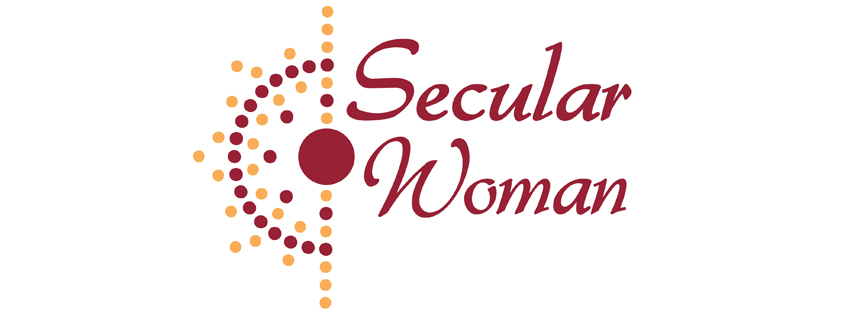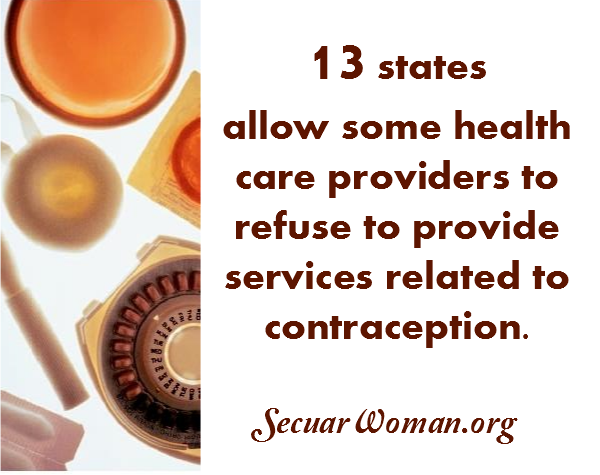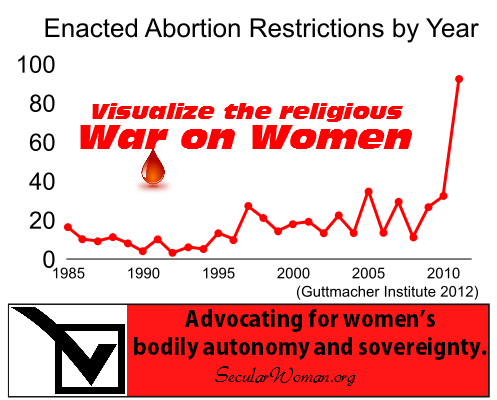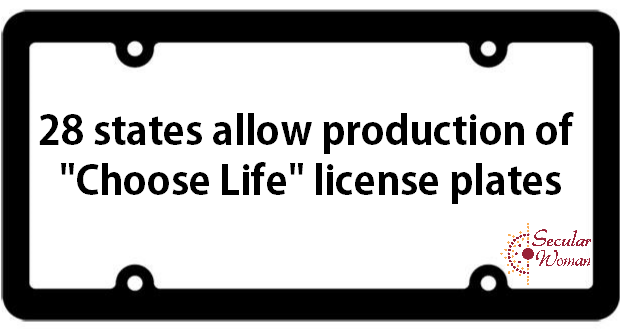Women’s power is in our collective force, and the depth of our conviction and the choices we make as a result…. And the decision to have children or not to have children is deeply embedded in that….
When John D. Rockefeller III hired Joan Dunlop in the early 1970s to be his staff assistant on matters related to population issues and sex education, he told her, “There’s something wrong with the population field. It’s not working.” And so Joan, with no background in population issues and no academic training, entered a field with a prevailing approach that she described as “there’s this rising birth rate and the way to attack it is technology, through the women as a vehicle. And women’s lives, and why women have children, or what the rationale for it [may be], or what they felt, or [what] were their concerns, never came into it at all, ever.”
By 1984 when Joan was recruited to be the President of the International Women’s Health Coalition she was ready to shepherd a worldwide movement to put women’s reproductive lives and health at the center of the discussion of population issues. In 1992 she convened a meeting in London of women’s reproductive advocates to plan how they could have the greatest impact on the 1994 United Nations International Conference on Population and Development in Cairo. Their work ultimately led to the 1993 Women’s Declaration on Population Policies, a statement agreed to by over 100 women’s organizations.
With the Women’s Declaration as an organizing principle, the IHWC and its allies worked to change the focus of population policy in the lead up to the Cairo conference. Joan had no hesitation in taking on the Vatican. As she said, “I was raised in the Church of England, okay? And I kept saying to my colleagues, ‘Look my favorite period was Tudor history. Let’s go back to sacking the monasteries. Let’s start there.”
The adoption of the Programme of Action of the Cairo Conference was the apex of Joan’s career. The Programme called for “advancing gender equality and equity and the empowerment of women,” prenatal care, education, including sex education, for women and girls, and, where legal, safe abortions. She continued to lead the IWHC’s efforts through one more conference before she retired, the 1995 United Nations Conference on Women in Beijing where delegates agreed that women have the right to say no to sex.
Cancer took Joan’s life on June 29, 2012.
Secular Woman shares the belief system from which Joan drew her power. As she said, “[O]ne of the reasons we were successful against the Vatican …. [was we] were dealing with a belief system, just as they were, and the belief system was feminism.”
– Mary Bellamy, Secular Woman member
All quotes, except from the UN ICPD Programme of Action, are from the “Population and Reproductive Health Oral History Project,” Sophia Smith Collection, Smith College, interview of Joan Dunlop by Rebecca Sharpless, April 14-15, 2004.




